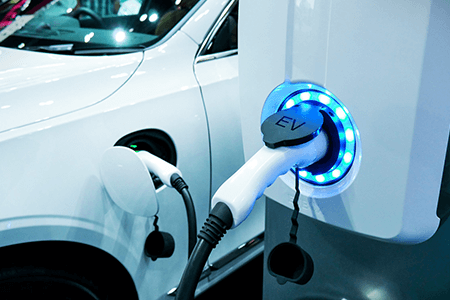April 20, 2023
(press release)
–
WASHINGTON (April 20, 2023) — New consumer perception research shows advanced recycling is a widely supported approach to help recycle more plastics in the U.S. The research, conducted Jan. 30 to Feb. 8, asked Americans questions around recycling and environmental marketing claims relevant to the Federal Trade Commission’s (FTC) planned revisions to its Green Guides. The results showed consumers are supportive of different processes used to recycle post-use plastics — both mechanical and advanced recycling are viewed as equally acceptable processes in the need to increase plastic recycling rates and reduce waste. The full research report and the evidence-based recommendations from them will be submitted by the American Chemistry Council’s (ACC) Plastics Division to the FTC as the Commission begins a multi-year effort to update the Green Guides. Since the Guides were last updated in 2012, newer technologies have commercialized that can help significantly increase the recycling of plastic materials. Consumers view these technologies as an important part of improving recycling. Advanced recycling technologies help provide needed recycling solutions for diverse hard-to-recycle plastics packaging and materials entering the recycling stream, including film and flexibles, multi-layered pouches, tubes, and other mixed plastics. Advanced recycling complements mechanical recycling by processing many materials that would otherwise be landfilled and converting them back into virgin equivalent plastics, many of which can go into food, pharmaceutical and medical contact packaging. ACC and its members are undertaking a variety of actions to increase recycling opportunities in this country. Since 2017, Americas Plastic Makers have announced more than $8 billion in investments to support plastics recycling in the United States and support producer responsibility policies that help fund enhanced collection and access for plastics. One of the most commonly held views among surveyed consumers is that “recyclable” means “can be recycled.” Even more significant was that only 1% of respondents thought the term meant “likely to be recycled” based on access to a recycling facility, as it is currently defined in the Guides. Based on the consumer perceptions data, ACC submitted public comments to the FTC to look at updating the definitions for terms such as “recyclable.” ACC’s recommended changes would provide marketers and consumers with more transparency and clarity of information, which will help increase recycling — particularly harder-to-recycle plastics. This would also support improved circularity of plastics in accordance with the U.S. Environmental Protection Agency’s circular economy goals and objectives as well ACC’s.
Consumers are increasingly interested in supporting the environment through their purchases. They are asking for packaging to contain more recycled plastic and that we increase recycling after use, and the data shows people want advanced recycling to be part of the circularity solution.
By The Numbers
Why It Matters
Recyclable
ACC Recommendations
Additional Context:
* All content is copyrighted by Industry Intelligence, or the original respective author or source. You may not recirculate, redistrubte or publish the analysis and presentation included in the service without Industry Intelligence's prior written consent. Please review our terms of use.








